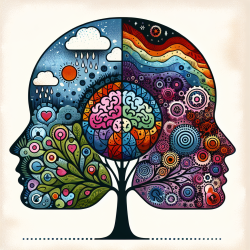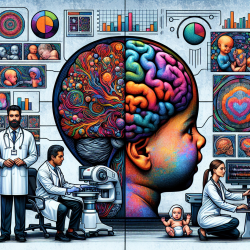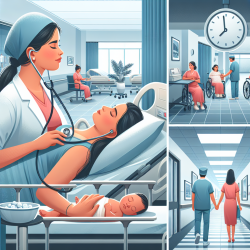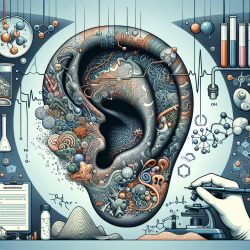Understanding Bipolar Disorder in Children: A Data-Driven Approach
The diagnosis and treatment of bipolar disorder (BP) in children have been subjects of considerable debate. According to the research article "Controversies concerning the diagnosis and treatment of bipolar disorder in children," there is an ongoing discourse on how best to conceptualize and address this complex condition in young populations. This blog aims to shed light on these controversies and suggest ways practitioners can enhance their skills and knowledge based on the research findings.
Key Findings from the Research
The article highlights several critical issues:
- Diagnostic Challenges: The DSM criteria for BP have been interpreted more loosely in children, leading to potential misdiagnosis. This misalignment can result in inappropriate treatment plans, which may not address the child's actual needs.
- Pharmacological Treatment Concerns: The efficacy of pharmacological treatments for children diagnosed with BP is not well-supported by robust data, and the side effects can be significant. There is a need for a multimodal treatment approach that includes psychosocial interventions.
- Emerging Diagnoses: The research suggests that many children diagnosed with BP might be better served by a new diagnosis such as Severe Mood Dysregulation (SMD) or Temper Dysregulation Disorder with Dysphoria (TDD), which may more accurately capture their symptoms.
Implications for Practitioners
Practitioners working with children diagnosed with BP can benefit from the following strategies:
- Adopt a Multimodal Approach: Incorporate psychosocial treatments alongside pharmacotherapy. Evidence suggests that family-focused therapy, cognitive-behavioral therapy, and psychoeducation can be effective in managing symptoms and improving outcomes.
- Regularly Reevaluate Diagnoses: Given the evolving understanding of BP and related disorders, it is crucial to revisit diagnoses and treatment plans regularly. This ensures that interventions remain aligned with the child's needs and the latest research insights.
- Educate Families: Practitioners have an ethical obligation to inform families about the complexities and uncertainties surrounding BP diagnoses and treatments. This transparency can foster informed decision-making and trust.
Encouraging Further Research
The article underscores the need for ongoing research to refine diagnostic criteria and treatment strategies for BP in children. Practitioners are encouraged to engage with current research, contribute to data collection, and advocate for studies that address the gaps in knowledge.
To read the original research paper, please follow this link: Controversies concerning the diagnosis and treatment of bipolar disorder in children.










